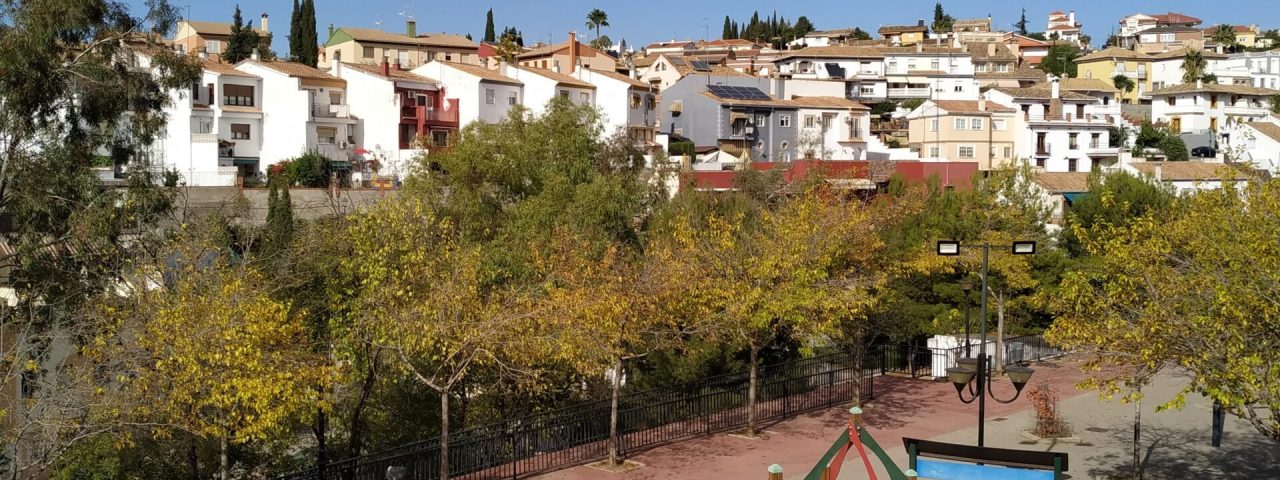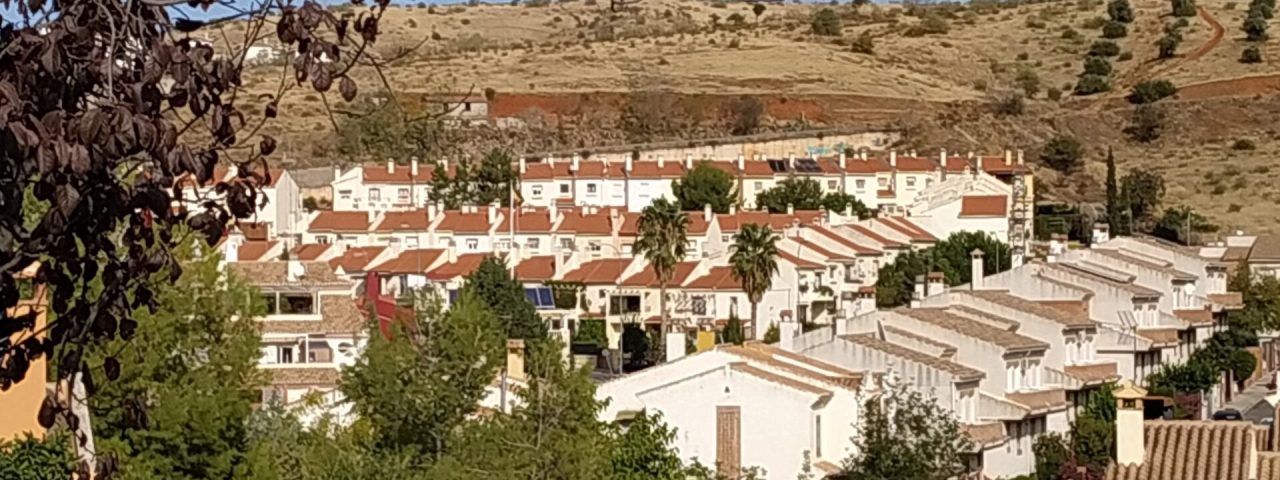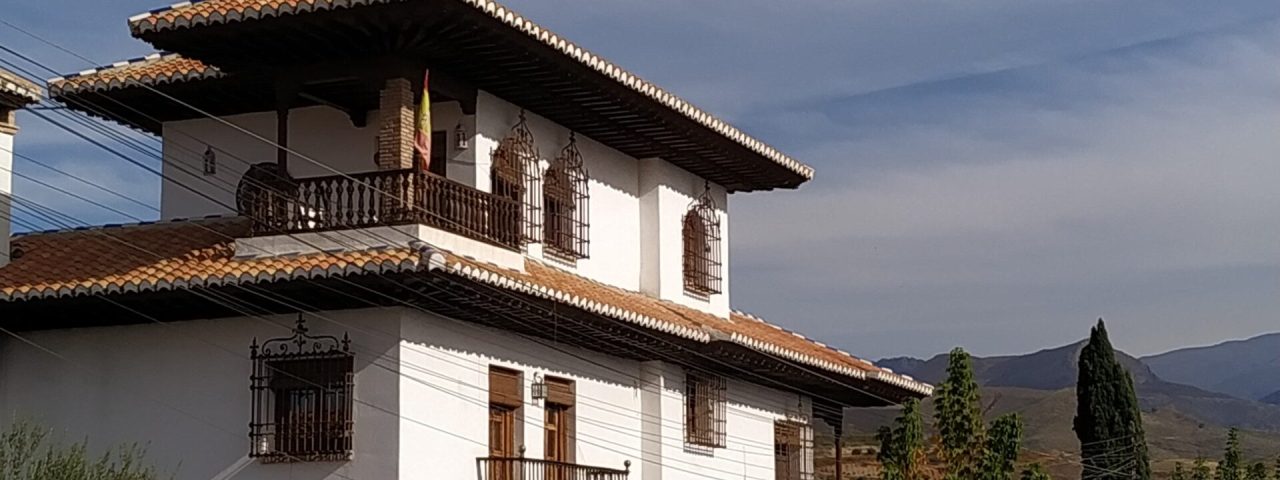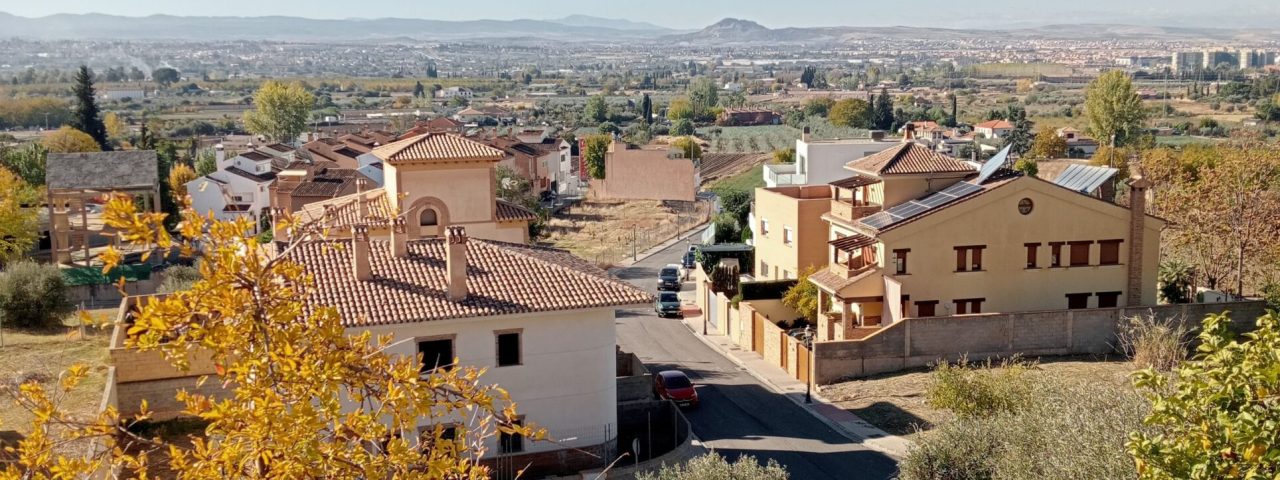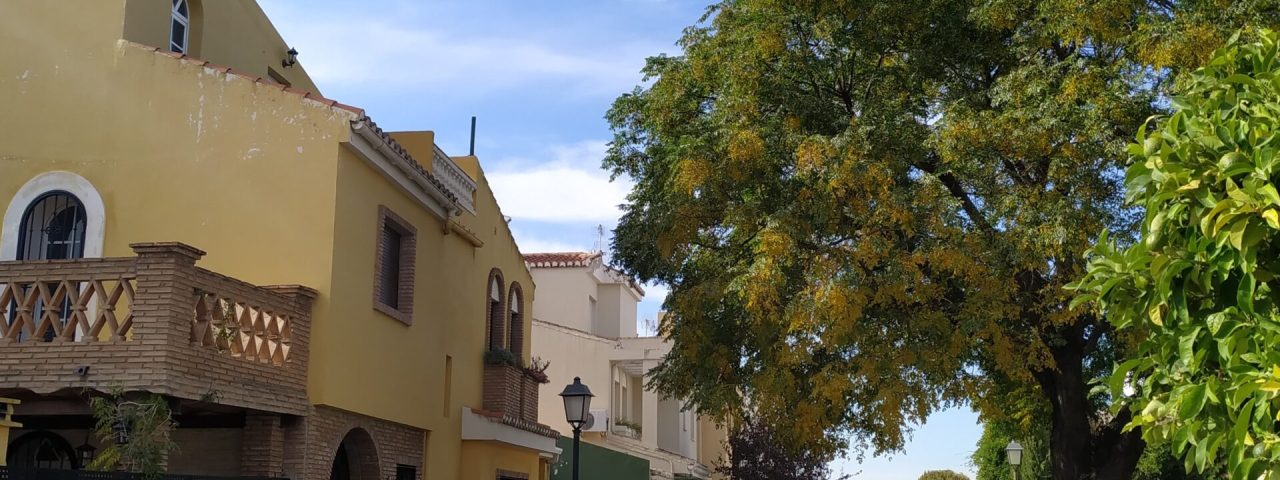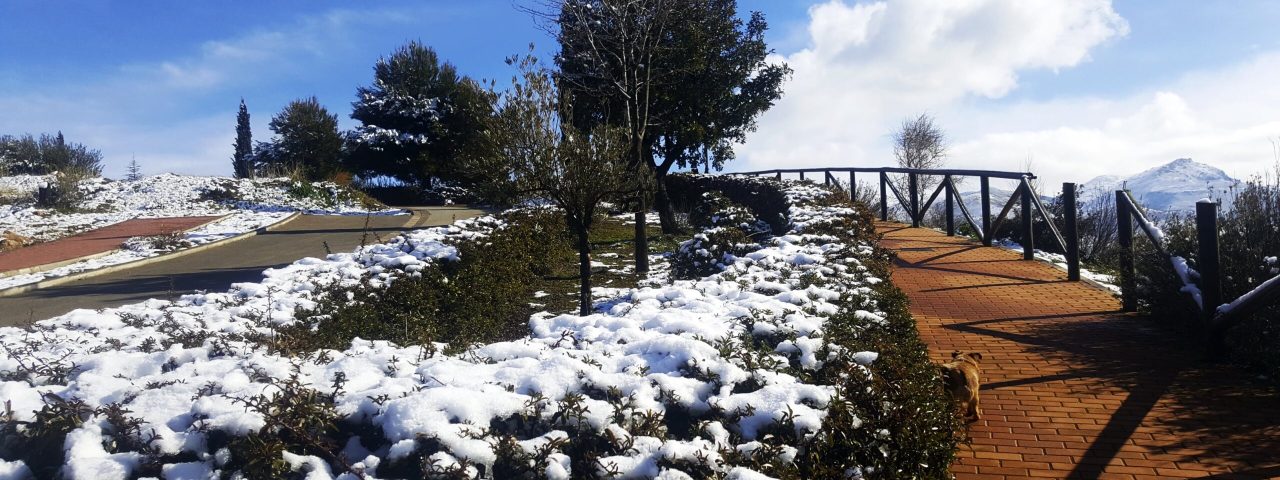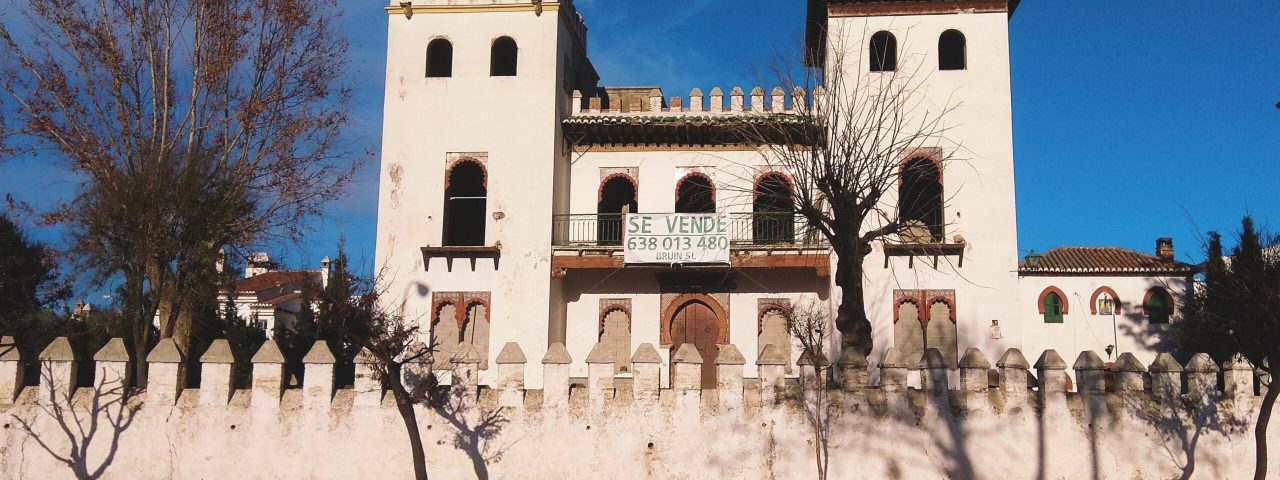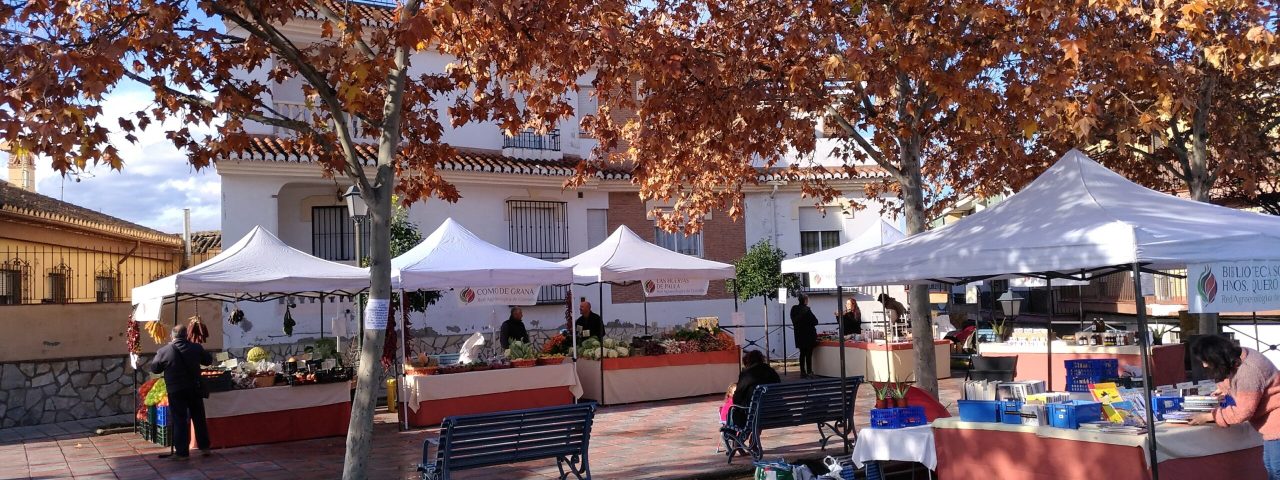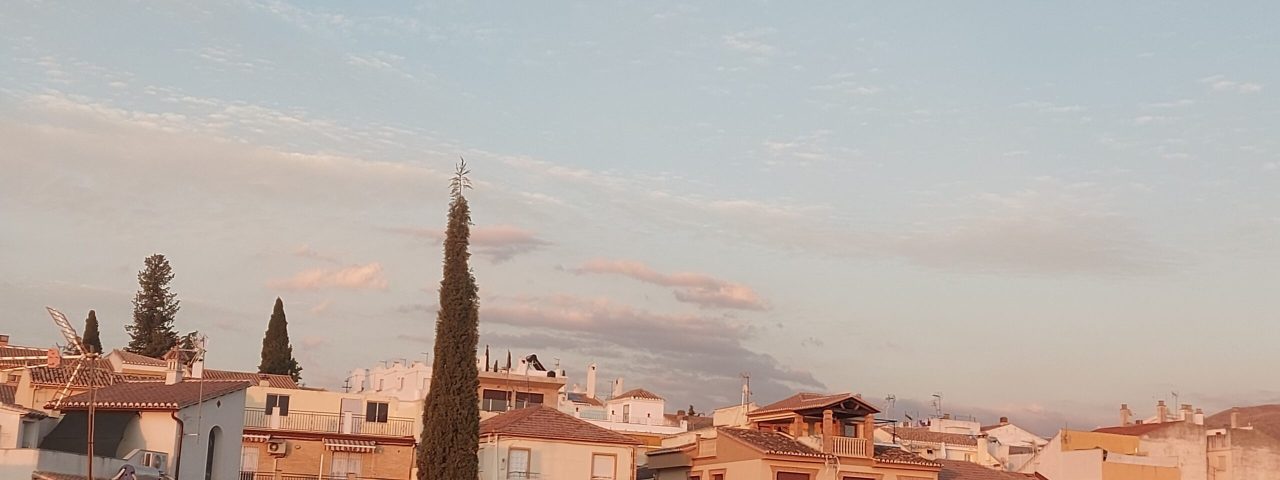Huétor Vega has a rich history that stretches back to the Roman and Moorish periods. During the Moorish rule of Andalusia, the town was known for its agricultural production and strategic location near Granada. After the Reconquista, when Christian forces reclaimed the region from the Moors, Huétor Vega became a key site for local commerce and wine production.
The town retains much of its traditional Andalusian charm, with narrow streets, whitewashed buildings, and a slower pace of life. It is known for its cultural festivals, particularly the annual Feria, where locals celebrate with music, dancing, and traditional Andalusian attire. Semana Santa (Holy Week) is another important cultural event, with religious processions that draw visitors from nearby areas.
Huétor Vega is deeply rooted in local customs and traditions, with a focus on family, food, and community. The town also honors its wine-making heritage with several local vineyards that produce high-quality wines, contributing to its cultural identity.
